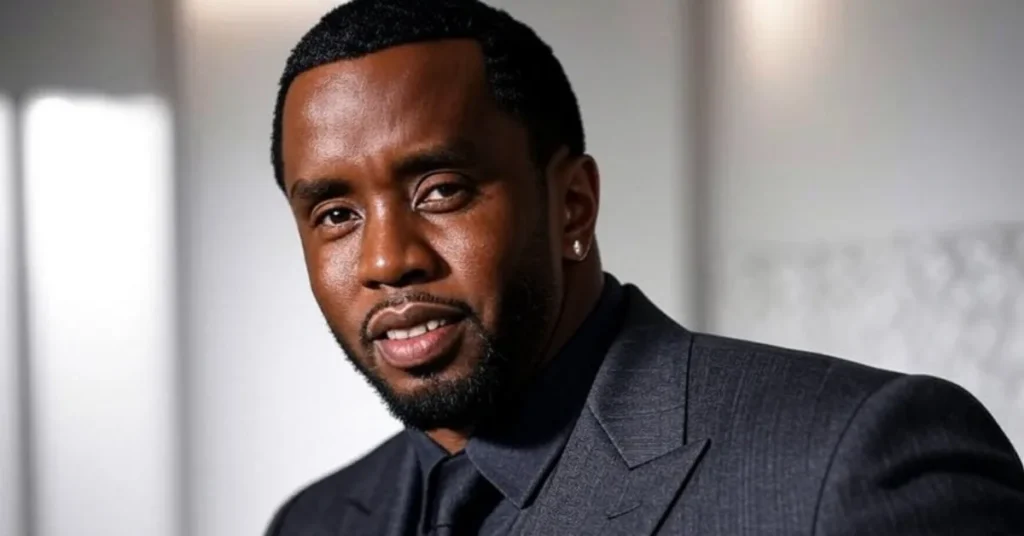Prosecutors call his Miami speaking bookings “the height of hubris” as judge signals support for a 70–87 month guideline.

At a tense sentencing hearing Friday, prosecutors told a federal judge that Sean “Diddy” Combs’ recent plans to appear at paid speaking events undermined any claim he had for leniency — a detail that drew audible shock in the courtroom and may influence the punishment the music executive now faces.
Assistant U.S. Attorney Christy Slavik told Judge Arun Subramanian that Combs had scheduled speaking engagements in Miami for the week following the hearing, framing the bookings as proof the defendant was not taking his convictions seriously.
The prosecutor argued that such actions amounted to “the height of hubris,” a characterization that reverberated through the packed courtroom and bolstered the government’s argument that a significant custodial sentence is warranted.
Combs was found guilty earlier this year on two federal counts related to transporting individuals for commercial sex. At Friday’s hearing, Subramanian said he agreed with the federal Probation Office’s Presentence Investigation Report, which recommends a term in the range of roughly six to seven years (70–87 months).
That recommendation sits well above what Combs’ legal team requested: approximately 14 months, close to the time he has already spent jailed awaiting trial and appeals.
RELATED POST: Two new sexual-assault suits surface 24 hours before sentencing as Combs begs the court to weigh his philanthropy
The government urged a still-harsher term — asking the judge for 11 years behind bars — calling Combs unrepentant and pointing to the Miami appearances as evidence that he anticipated a light result.
Defense attorneys countered that a long sentence would be excessive and emphasized factors they say mitigate his conduct. Prior to Friday, the judge denied a defense motion seeking to overturn the convictions.
Combs has been in federal custody since his arrest in September 2024 and has been denied bail repeatedly. The judge’s acknowledgment that he favors the Probation Office’s guidelines signals a tough course, but a final decision will rest with Subramanian, who must weigh legal guidelines, aggravating and mitigating factors, and the public consequences of his ruling.
Booking paid appearances while facing sentencing was a misstep that cuts against Combs’ bid for mercy. High-profile defendants live in a courtroom as much as a spotlight — actions outside courtrooms matter. If the judge follows the Probation Office’s recommendation, it will reflect the court’s interest in accountability over celebrity status.
That said, sentencing should still match the individual facts and allow space for rehabilitation; the law’s goals are punishment, deterrence and, eventually, reintegration. The judge now has to balance those aims against a public record that prosecutors say shows little contrition.











